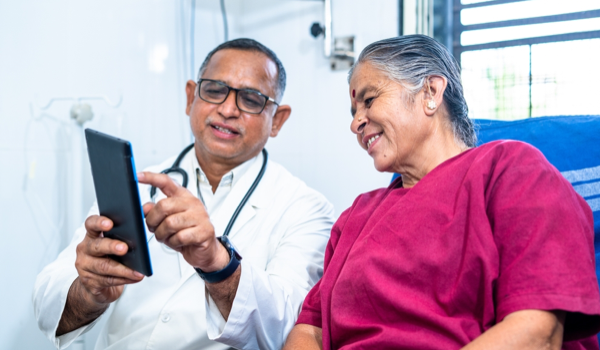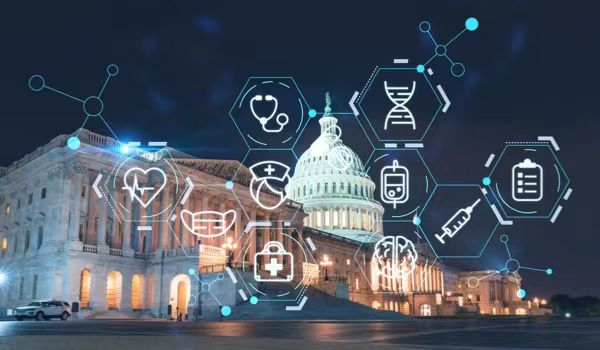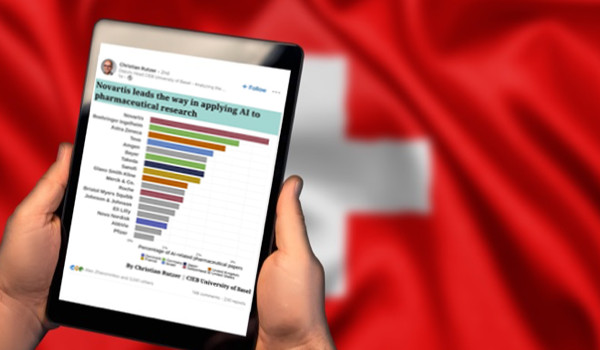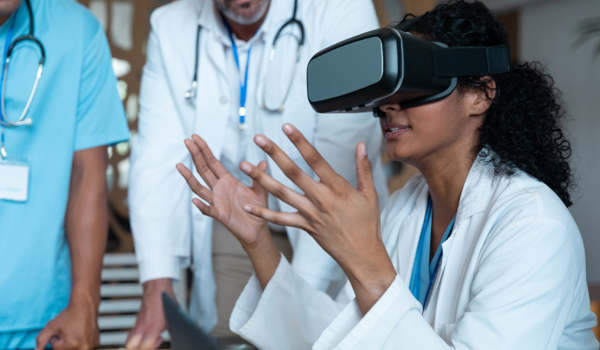


CAMBRIDGE, UK - Back in 2014, an academic paper titled The impact of genomics on the future of medicine and health published in The Medical Journal of Australia forecast precision genomic medicine’s transformative impact on personal health, economics, and productivity.
Prof John S Mattick et al. argued that making sense of genomic data required the evolution of computational technologies and databases in parallel with sequencing technologies. This would enable leveraging laboratory data to not only improve the diagnosis of diseases, but also to assess the predisposition of an individual to them, greatly benefiting people, health systems, and economies across the world.
Genomics’ life-transforming impact
Genomics - not to be confused with genetics, the study of heredity - offers huge potential for humanity. Rare diseases afflict millions of people worldwide and most are genetic in nature. Sequencing the whole genome of rare disease patients offers the best chance of identifying the genetic cause of a rare disease.
Significant advances in sequencing technology have also benefited patients by shortening the time to diagnosis, and improving patient outcomes with earlier treatment, while also reducing the emotional toll this takes on patients and their families. This scientific endeavor has already yielded an economic boost by enhancing productivity, decreasing treatment costs, and stimulating medical enterprise.
The World Health Organization (WHO) recently acknowledged this as well in the statement: “The role of human genomics research and related biotechnologies has the potential to achieve a number of public health goals, such as to reduce global health inequalities by providing developing countries with efficient, cost-effective and robust means of preventing, diagnosing and treating major diseases that burden their populations.”
The content herein is subject to copyright by The Yuan. All rights reserved. The content of the services is owned or licensed to The Yuan. Such content from The Yuan may be shared and reprinted but must clearly identify The Yuan as its original source. Content from a third-party copyright holder identified in the copyright notice contained in such third party’s content appearing in The Yuan must likewise be clearly labeled as such. Continue with Linkedin
Continue with Linkedin
 Continue with Google
Continue with Google







 881 views
881 views










